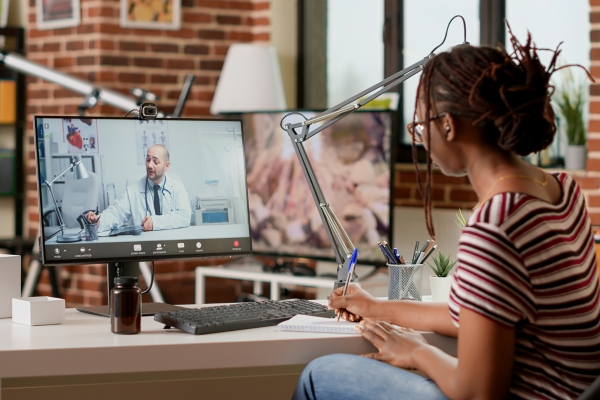Should kidney transplant patients know when a kidney offer is turned down? Discover how transparency can empower waitlisted patients to make informed decisions about their health. kidney.org/news-stories/giv...
Giving People on the Kidney Transplant W... - Kidney Transplant
Giving People on the Kidney Transplant Waitlist a Voice in Organ Offers

I agree kidney patients on the transplant waiting list should know when a kidney is available and why it is turned down by the transplant office. I also believe we should be updated regularly on where we are on the waiting list, recognizing that others may be added to the list and jump our position on the list depending on their case. Nothing is more frustrating to a waiting kidney transplant patient than hearing nothing.
I agree with you completely. The lack of communication while on the list is terrible. I used to get a letter once a year but now I am supposedly close in required wait time and A1 status so my turn should be soon. I want to know more now. I want a voice in the risk I am also willing to take.
Here in Ireland it’s more like a transplant pool. Doesn’t matter where you are on the list , if you’re an urgent case , have high antibodies or very young youre checked first for every kidney that becomes available . If there’s no match found then they move on to other patients. Sure we are not even told who are deceased donor is, it’s confidential.
Our transplant center, with high activity, called us twice to offer my husband a kidney. Each time he was the only one, he was never a backup. Hence, we've never had to deal with the excitement of being second or third in line and then face the frustration "why am I always a placeholder and never the main candidate". However, our center also required frequent labs - far more than another center. (We double-listed.) Hence, they knew he was a great (cleared) candidate - the matching was undoubtedly already done and on the record by the time he walked through the door, etc. ( I was surprised how little needed to be done.) Our sense is that this wonderful center didn't need backup candidates for this reason. (He was rejected for one transplant because of a sudden uti that popped up virtually overnight. We were instantly told why it was withheld - hence no anger on our part.) So, if all centers adopted this approach, there would be a lot less frustration with "I'm always a backup, never the primary candidate." However, it does require a great staff and labs. As for judging the outcomes of the various centers, we've been very happy with the very detailed data reports from SRTR: srtr.org/transplant-centers... Using these reports led us to the center that gave my husband his transplant. It's clear that different centers do different things. But transplant centers shouldn't keep patients sitting and spinning with calls that they are backups with the expectation they may be primary when that is rare.